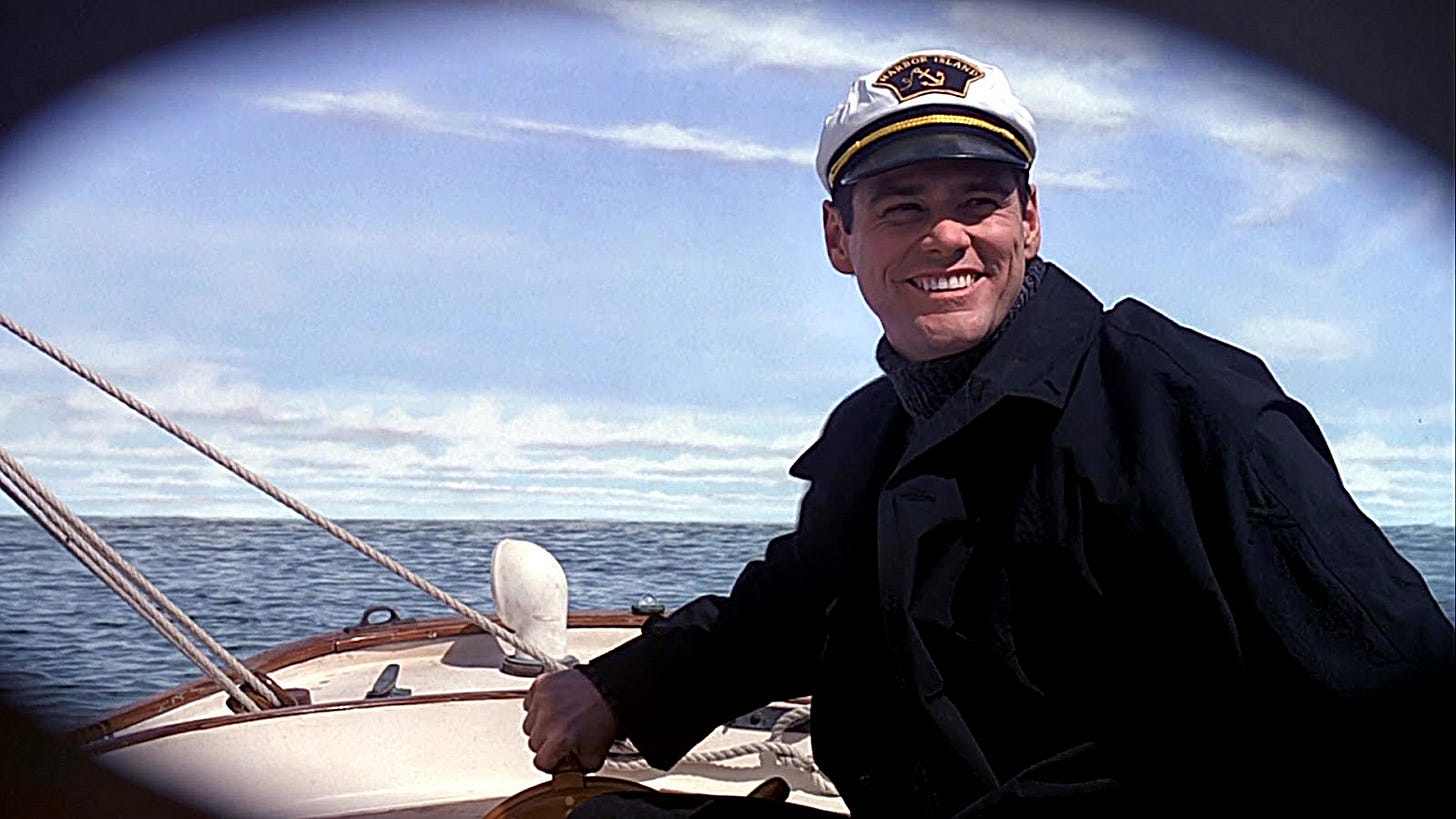Throughout my book The Secret World of Words (Free for paid subscribers here), I demonstrated the interpolated maritime character of the English language. Many words relating to nautical, sea, water, shipping, and navigation are suspiciously common – but why were these spell(ings) cast?
“The term ‘spell’ is generally used for magical procedures which cause harm, or force people to do something against their will – unlike charms for healing, protection, etc. – Oxford Dictionary of English Folklore.”1
When you are born you come down your mother’s birth canal, through water. We are then issued a birth/berth certificate, signed by the dock/doctor. In nautical terms, a ‘berth’ is a space where a vehicle can be parked/docked for loading or unloading. When a ship berths in a port or dock, the captain has to produce a berth certificate.
A product is ‘shipped’ from the warehouse to it’s destination when it leaves, but we still say ‘ship’ or ‘shipped’ when transporting by automobile or air. A shipping dock is a structure extending along the shore into a body of water to which boats may be moored (moored means to anchor, chain, or tie-down).
When you go to court, your case is placed in a ‘docket’, which is the official summary of the proceedings. A courtroom used for trials of criminal cases often has a ‘dock’ – a space exclusively reserved for seating a criminal defendant.
Traditional courtrooms also had railings to divide the public seating area from the ‘well of the court’ (the area where court proceedings are conducted). These railings are reminiscent of those from large sailing ships. The word ‘captain’ comes from the root kaput/caput, also meaning ‘capital’. Capital is money or currency, but what do all these words and terms have to do with you?




